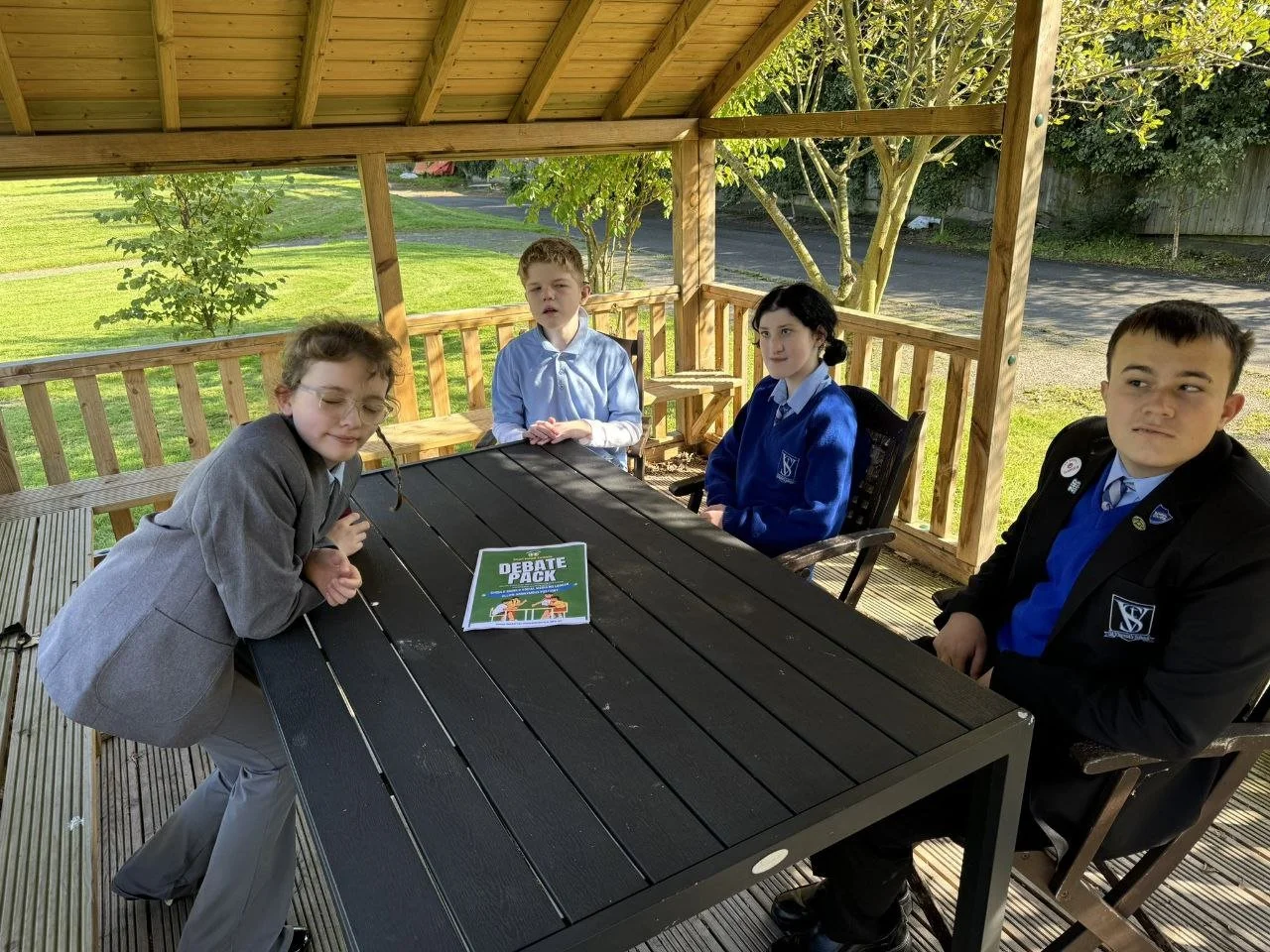How a visually impaired school made their school council inclusive for every learner
Teacher: Conor McSorley, Humanities Teacher
School: St Vincent's School for the Sensory Impaired and Other Needs
Smart School Council user since: 2024
Location: Liverpool, UK
Why they needed a more inclusive and accessible way to raise student voice
When Conor joined the school, one of his first priorities was to launch a debate club. Many of his students lacked confidence in speaking, so he looked for tools to support them - but found most mainstream providers expensive and ineffective.
After trying other debate providers, Conor discovered Big Debate Club. He found the accessible structure, free lesson packs, and focus on inclusive participation were exactly what he needed.
“Other providers were charging thousands for eight weeks of content, delivered by untrained staff. With Smart School Councils, I get high-quality debate resources every week. It’s been a godsend.”
What they did to build confidence, ownership, and critical thinking
Every Wednesday, students at St Vincent’s meet to debate real-world issues like election turnout, history, and conspiracy theories. Conor facilitates with a light touch, letting students take ownership and even electing a debate captain each term.
“I just provide structure – they do the rest. They lead, they vote, they reflect. That’s how it should be.”
St Vincent’s also runs a student council alongside the debate club. Each week, students use the Smart School Councils Class Meeting Tool to explore issues, vote, and share ideas with the school’s leadership.
For Conor, these two strands go hand in hand. “If you give pupils responsibility, they rise to the challenge. Our council feeds into senior leadership, and our debate club prepares students to engage with complex topics confidently.”
What’s changed since introducing Smart School Councils at St. Vincent’s
This approach is already having an impact. Participation has grown from just three pupils to a full club of ten, and students now approach debates with curiosity, respect, and strong opinions – backed up by evidence.
Conor’s also seeing more responsibility and independence from pupils: “They’re showing up, leading discussions, and thinking critically. It’s brilliant to watch.”
Top Tips from Conor
🔹 Start small – Pick one topic students care about and give them space to debate it
🔹 Be consistent – Make it a weekly or fortnightly habit, even if just with a few pupils
🔹 Let them lead – Hand over the reins; students will surprise you
🔹 Focus on structure – A simple format helps quieter pupils build confidence
👉🏽 Used by 600+ schools



